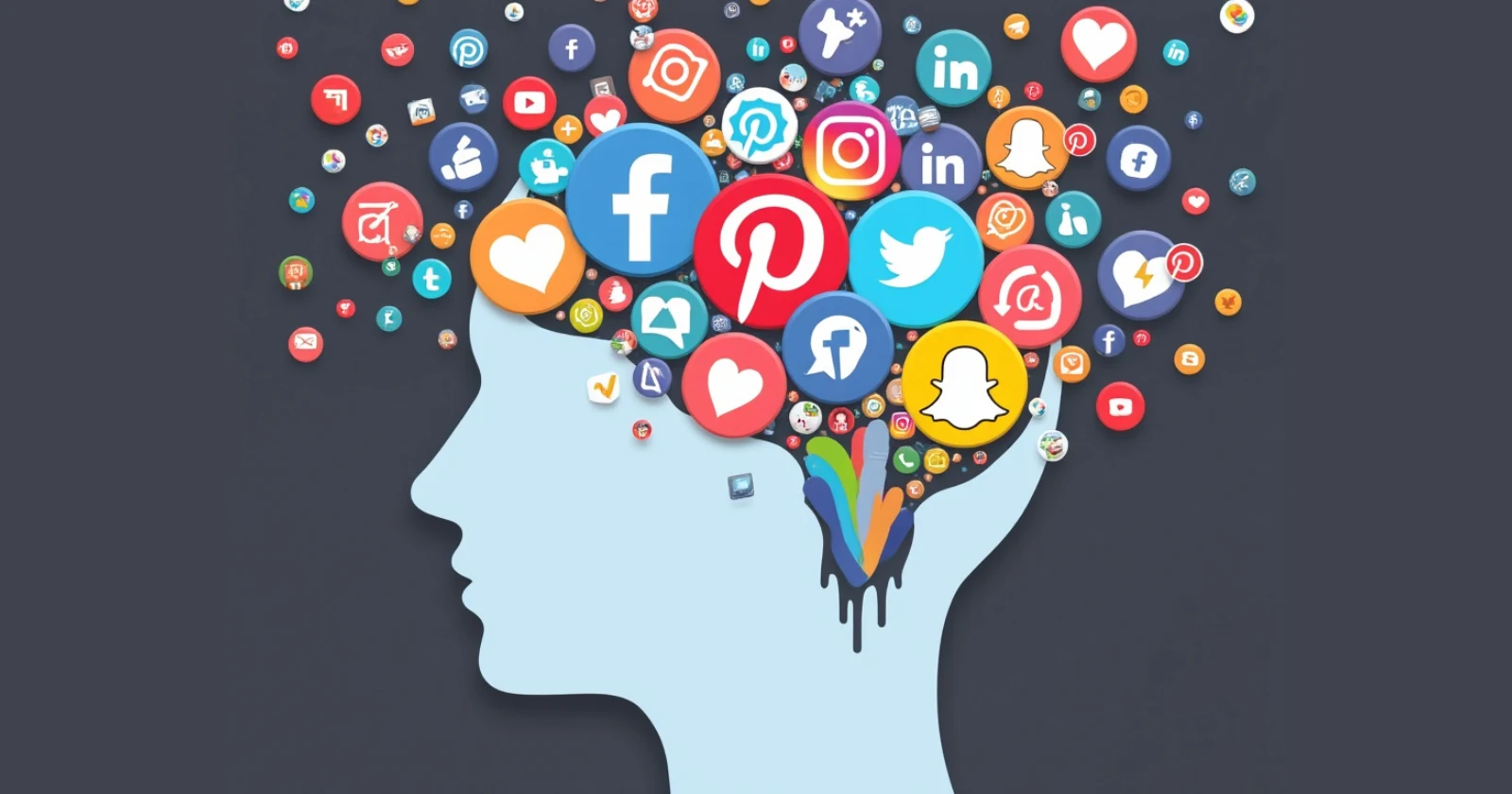Social media’s iron grip on youth seems to have finally triggered a global governmental awakening. Norway’s bold move to raise the social media age limit from 13 to 15 joins a wave of international actions, though they admit enforcement won’t be easy – especially since 53% of their nine-year-olds and 72% of eleven-year-olds are already active users.
Australia’s approach is even more dramatic. Prime Minister Anthony Albanese plans to introduce legislation by the year’s end that could make Australia the first country to completely ban teens from social platforms. However, critics and numerous academics warn that bans could shift responsibility from tech giants to parents without effectively addressing the core issues of platform safety and data management. Some even highlight that the ban could be “detrimental” for isolated teens.
The urgency becomes clear when you peek behind the curtain. Recent TikTok documents revealed disturbing practices: the platform knew users could become hooked after watching just 260 videos, they actively promoted “attractive” users, and shockingly, discovered underage users performing stripteases for virtual gifts. With 95% of under-17 smartphone users on TikTok, these revelations are particularly troubling.
France isn’t pulling punches either. Their experts recommend no screens for kids under three, no mobile phones until age 11, and no social media before 15. These guidelines even surpass World Health Organization recommendations, reflecting growing alarm backed by science. A recent UC San Francisco study directly linked increased screen time to higher rates of depression, anxiety, and attention issues in children.
In the US, California Governor Gavin Newsom signed a law to limit the “addictive” elements of social media for kids. Starting in 2027, companies will need parental approval to send algorithmically generated content to minors and must stop sending notifications late at night without parental consent. But critics, including the ACLU, aren’t letting this slide. They worry this might limit online support for marginalized youth.
Another US state, Montana, has filed a lawsuit against TikTok, alleging that children and teens on the app were knowingly served addictive and harmful content by the company. “TikTok must be held accountable for poisoning the minds of children and lying to parents about the videos their children can view on the app. Parents need to know the truth about the content their children have access to on the app and TikTok is pushing to their feeds,” said Montana Attorney General Austin Knudsen.
Meanwhile, tech giants are playing defense. TikTok’s switching to AI for 80% of content moderation while laying off human moderators. Meta’s Mark Zuckerberg insists there’s “no causal connection” between social media and teen mental health, though Instagram quietly launched “Teen Accounts” with restricted features like private-only accounts and mandatory sleep mode from 10 PM to 7 AM. Still, critics argue that this alone might not solve the issue. They even allege that it’s likely a mere response to political pressure.
That said, the timing is crucial, as Instagram and TikTok maintain their crown as teens’ favorite platforms. But governments around the world aren’t the only ones putting their foot down. European parent groups are also rallying to ban smartphones for teens, and thousands of UK parents and schools now back a pact delaying smartphone access until age 14. Recent statistics show 4 in 10 U.S. teens admitting problems with smartphone usage, prompting one of the UK’s top carriers to advise against giving smartphones to children under 11.
Globally, the fight is on to prevent social media from turning into a “youth-eating goblin” that drains mental well-being. But let’s be real: most of us grew up finding ways around parental controls and age restrictions. What makes anyone think today’s tech-savvy teens won’t do the same?
Maybe the better question isn’t whether these laws will work, but why we needed them in the first place. What does it say about these platforms when multiple countries are treating them like a digital health crisis? Also, did you survive childhood without TikTok and Instagram? And more importantly, do you think your kids can? Drop a comment below.
Featured image credits: AI-generated / Grok
TechIssuesToday primarily focuses on publishing 'breaking' or 'exclusive' tech news. This means, we are usually the first news website on the whole Internet to highlight the topics we cover daily. So far, our stories have been picked up by many mainstream technology publications like The Verge, Macrumors, Forbes, etc. To know more, head here.


